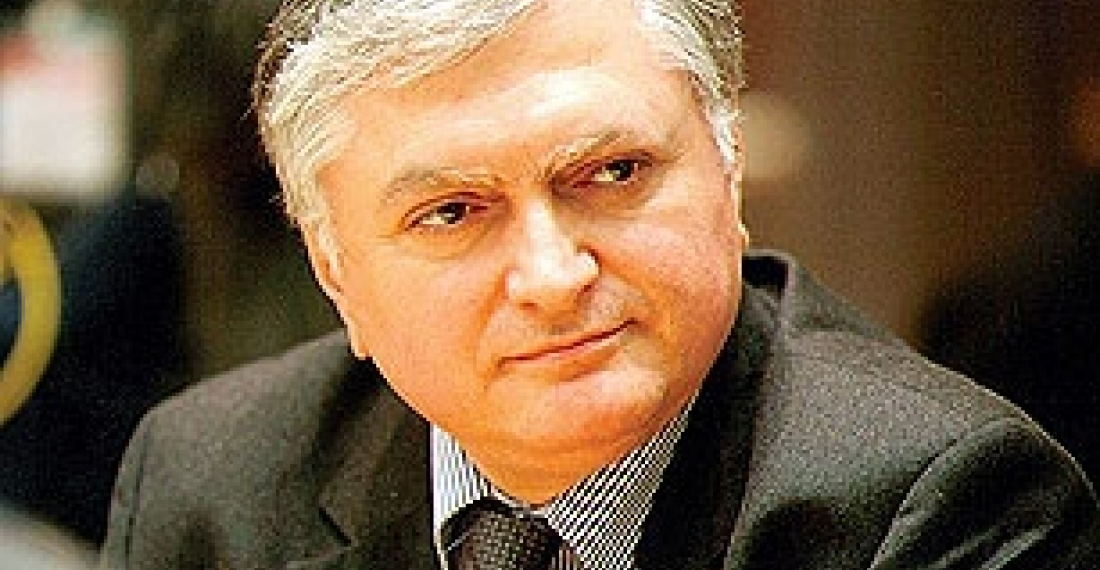The Deauville statement urging the Armenian and Azeri presidents to prepare their peoples for peace was addressed to Azerbaijan, Foreign Minister of Armenia Edward Nalbandyan said while speaking at the International Institute for Strategic Studies in London.
And what was Azerbaijan's response? One more threat of war, a military parade, new statements about growing military spending, territorial claims against Armenia.
This is not something you can commend one for.
Nalbandyan said that no peaceful agreement is possible unless Nagorno-Karabakh is involved in the peace talks.
He said that the Azeri leaders lie to their people when they say that the Helsinki Final Act is based on territorial integrity principle.
The Deauville statement says that in order to overcome the current status quo the conflicting parties should implement the three principles and six provisions suggested by the mediators. There is one point Azerbaijan prefers to neglect: the right of the Nagorno-Karabakh people to finalize its status by means of legal referendum.
Foreign Ministry of Armenia:
Foreign Ministry of Armenia:







